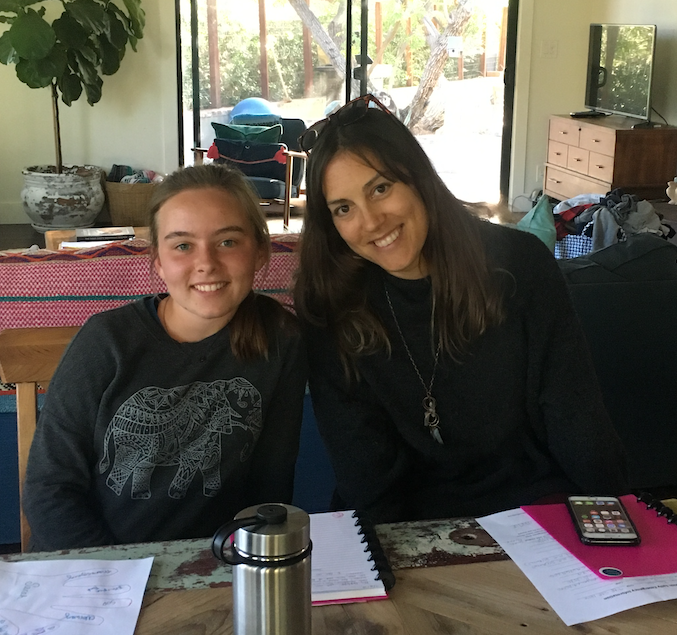
At Walk With Sally, each mentoring relationship begins with a Match Day—an introduction of mentor to mentee in the child’s home. The art of making new friends is often an awkward adventure. The first-time we meet someone can be an unchoreographed dance of fumbling over words and general uncertainty. This is only magnified when the conversation immediately jumps to talking about cancer. Imagine meeting a stranger and then telling them about the most painful topic in life– the illness or loss of your loved one. There is no map. There is no right answer, but we have some tips to help make it a tad bit easier.
Setting the tone
In order to help set the tone, remind all parties that they are in a safe space and are free to share as much as they would like (or as little). Express appreciation for both adult and youth having the courage to share how cancer has directly impacted their lives.

Embrace the awkwardness
Maybe even call the awkwardness by its name by saying something like, “Isn’t it kind of funny that we’re sitting here as strangers – all united by this disease?” Do not let the fear of saying the wrong thing stop you from speaking.
Grief is different for everyone
Remember that everyone grieves differently and there is no timeline. A child might seem unphased or emotionless when sharing that his or her mother is gravely ill or has passed away. Children are often blunt when speaking about death. Make sure not to judge, causing the youth to feel embarrassed or wrong about a statement they have made. Maintain a calm, supportive and safe environment for them to express themselves within.
Support, listen, and validate
As both parties share, it’s important to understand that no one can take the pain away or fix this situation. We can only offer support, listen, and validate. Validating does not make the pain worse– a common misconception. It is helpful to allow the griever to feel less alone in their pain. An example of listening and validating is to acknowledge, “I can see this is painful for you, thank you for sharing with me,” to make the griever feel supported and understood.

Guiding the way
The adult can begin by telling his or her cancer story, presenting the youth with an opportunity to feel more comfortable with his or her own. Being authentic and open about his or her own experiences with cancer and grief will be reassuring to the youth. This difficult dialogue will aim to encourage the youth that he or she is not alone and that these feelings are normal responses, even as these emotions shift over the following days, weeks, and years.
Sharing motivations
The mentor can also share at this point what motivated them to become a mentor and what they are seeking from the experience. The youth can be prompted to answer why he or she would like having a mentor. Perhaps here a connection can be made between the support the mentor would like to provide and the support the mentee is looking to gain, setting the stage for this newfound friendship.
If you or someone you know has been impacted by cancer, please consider becoming a mentor to a child who needs support during this difficult journey. Call the Walk With Sally office at 310-322-3900 for more information.


